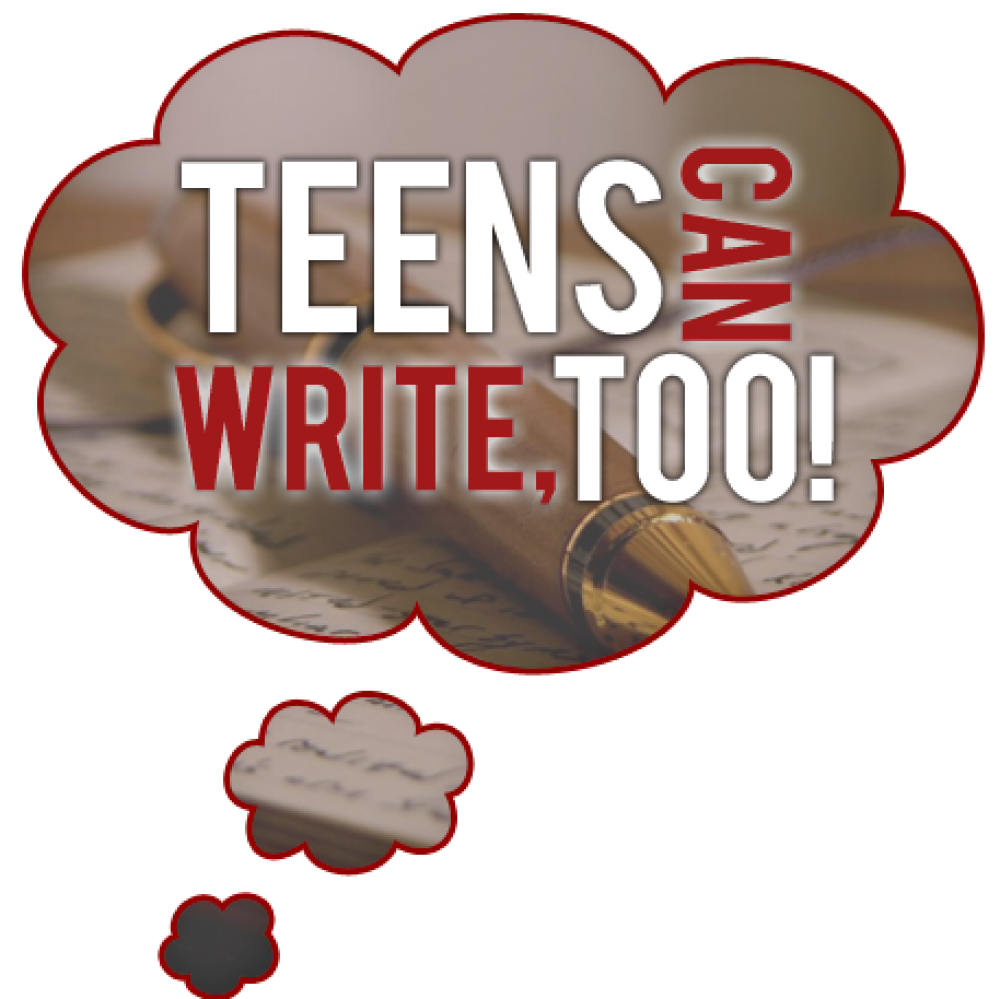On Breaking The Fourth Wall
Updated: 3/25/14
Hey guys! So in the last few months, while reading through the slush, I’ve noticed a surprising number of writers who have built their books around breaking the fourth wall, and especially considering I personally don’t believe it worked especially well in those particular manuscripts, I wanted to talk a little bit about it today.
Honestly, breaking the fourth wall is one of those polarizing writing techniques that can either work REALLY well or REALLY horribly, and it often depends on the reader: some love it, some hate it. (Goddammit, subjectivity. WHY ARE YOU EVERYWHERE???)

But first, what exactly is “breaking the fourth wall”? In the simplest terms, it’s when, throughout the course of a book, either the author or the main character talks directly to the reader. For example, the protagonist might do something particularly evil, and then turn around and ask the reader, “I know you think I’m the worst person in the world right now. But ask yourself: if you were in my position, what would you do differently?”
Of course, it’s important to remember that not all uses of “you” in books is actually breaking the fourth wall. Like, when a main character thinks, “You know you’re awesome when you spend your free time reading books,” the ‘you’ doesn’t break the fourth wall because it’s understood to be a general ‘you,’ not directed at anyone in particular (like the reader). The same goes for books written in the second person point of view, because the “you” there is often directed at a particular individual in the story–not a reader. However, on the flip side, when the main character says to us, “You are awesome for reading this book,” that ‘you’ is understand to be directed at the reader, so it is breaking the fourth wall.
Perhaps the most popular example of breaking the fourth wall in fiction is in Lemony Snicket’s A Series of Unfortunate Events series, which the narrator begins by saying simply, “If you are interested in stories with happy endings, you would be better off reading some other book.” (And then he goes on.) It’s also used extraordinary well in the beginning of The Lightning Thief, wherein Percy tells the reader to “close the book right now” so you can “believe whatever lie your mom or dad told you about birth, and try to lead a normal life.” Some other great books that break the fourth wall from time to time are The Book Thief and one of my personal favorite YA novels, Before I Fall, both of which are definitely worth reading if you’re interested in studying the subject.

Before I Fall quote – just because I love it
However, the thing about breaking the fourth wall in fiction is that, while it can occasionally be great, it can also backfire on the writer all too easily. (There’s a reason why very few published books for older audiences do break the fourth wall.) For the author or narrator to suddenly address the reader directly will almost certainly catch the reader off-guard, often in a not-so-great way. It is jarring, and when something is jarring, it can be either in a powerful, stop-and-think kind of way, or it can just yank the reader out of the story altogether, the latter of which which you never want.
In fact, this is why I’d argue that the only way for breaking the fourth wall to really work in literature is for there to be a real, genuine point to it. And that may sound like common sense, but I know from my own writing that part of the temptation behind so many writers breaking the fourth wall is because it is frankly fun to do. The problem with that is, if it serves little other purpose, then it probably is only going to hurt the story in the long run. For example, the reason I think breaking the fourth wall works well in Before I Fall and not other manuscripts I’ve read is first because it’s used very sparsely in the former, but more importantly, because it has a clear purpose: it draws attention to the not-so-positive actions of the protagonist, and with just a few words, by breaking the fourth wall she puts the reader right in her shoes, and it forces the reader to really think about her, this outwardly-awful mean girl character, and wonder whether she is all that different from us. Or, although I can’t think of a literature example of this, breaking the fourth wall can also be used to make the reader/viewer an accomplice in the crimes of the main character; for example, in the TV show “House of Cards,” the ruthless main character, who spends his time kissing up to those around him and pretending to care about them, tells only the viewer his true, disdainful feelings about each character. This very intentionally brings you, as a viewer, closer to the crimes he’s committing, and because you’re now the only one in the whole fictional world of the show who is “in on” his secret, it makes you invested in seeing his journey through.

House of Cards!
So in both of those two examples, breaking the fourth wall has a really strong purpose behind it–Before I Fall to relate the reader to the main character, House of Cards to make you an accomplice in the main character’s crimes–and that’s why they work so well: because even though it’s a bit jarring at first, the purpose behind breaking the fourth wall overshadows everything else. (Also, because it’s used relatively sparingly in both examples. That way, the few times it is used can hold more weight.)
It’s also important to note that in the case of The Lightning Thief and A Series of Unfortunate Events, both novels are intended toward a middle grade audience, and since younger readers tend to enjoy it when the author or main character talks directly to them much more than older readers do, breaking the fourth wall generally works much better in MG books than it does in upper YA, NA, or adult books.
However, that’s not to say breaking the fourth wall can never work in a non-MG book. It can be incredibly powerful when, like I mentioned above, it serves a strong purpose and is not overused; I just think that writers should be very conservative when breaking the fourth wall, and should make sure it absolutely works for the story. Because if you force it in just because it sounds nice, there’s a good chance it will do more harm than good.


Great post, John. I didn’t know what this was until a few years ago, so that’s great you’re teaching it and understand it already. There are so many rules, aren’t there? I’ve seen the fourth wall broke in best-selling novels, too. I guess if the story is great it might not matter, but most newbie authors haven’t proven themselves or earned the right.
Thanks for sharing this.
Michelle
Works the same way in drama…can be extremely effective but only if you do it right. Some movies do it, even. Great post 🙂
Great post! Maybe I’ll try this someday… and probably fail at it, but oh well. 😛
Another book that does it is The Hobbit, I think.
Excellent post! You are perfectly right on all three points: breaking the fourth wall isn’t commonly accepted, the books that are accepted are exceptional, and it’s commonly done badly. In all the exceptional books, the fourth wall is broken for a very specific reason. In the Book Thief, it was meant to accent Death’s unique ability to be everywhere as well as his world-weariness. For most amateurs, however, it’s simply a tool to introduce the main character in first-person. Very good point– I’d never really thought of this.
In first drafts, I don’t mind if I “break the fourth wall” (never heard that phrase though, until today!). But it’s definitely something I’d iron out later. It IS pretty cool when pulled off really well…like Lemony Snicket. I’m a big fan. 😉
Great post! I agree that this is very hard to do well. When I first started writing, I would sometimes talk to the reader because it can be an easy way to explain something, but easy isn’t always what you want in writing.
Another book that did a great job breaking the fourth wall was Alcatraz and the Evil Librarians. I think it’s a Middle Grade book, but it’s really good!
~Sarah Faulkner
http://www.inklinedwriters.blogspot.com
Hmm, yep. I’ve noticed this recently as well, and told my younger sister, “you know the difference between books and movies/TV shows? Movies and TV shows are allowed to talk directly to the person watching, and books really shouldn’t.” (This was observed after noticing how Barney, Dora, Blue’s Clues and all those types of shows talk and look directly at the viewer. As does Mary Poppins.)
Reblogged this on worldpen.
I really love Percy Jackson and I didn’t notice that it spoke directly to the reader (I’ve read the series a… number of times.) Maybe because it was so seamless?
I have to confess, though, that while I LOVE Lemony Snicket’s series, I sort of skipped over the addressing the reader parts. Everyone else thought they were brilliant. I just wanted to know what happened in the book.
I detest the fourth wall, and so I break it shamelessly and religiously.
John, I have an idea for something you could post info about: synopses. Some agents require a synopsis and I don’t know how much/little detail to include.
(I would have put this on the FB group conversation, but me and Facebook have become mutual enemies.)
Pingback: Alex As Well by Alyssa Brugman - Book Review - Visibility Fiction
So what’s your take on breaking the fourth wall in graphic novels and comic books? For example, it’s something that shows up quite commonly in Deadpool and She-Hulk books, as well as a few other things here and there, do you think that’s well done, or useless?
Direct reader address by an intrusive narrator is my one true way nto go. I do not read any different novel, and I certainly will not write in a different manner, regardless of your anti-fourth-wall-breaking propaganda.